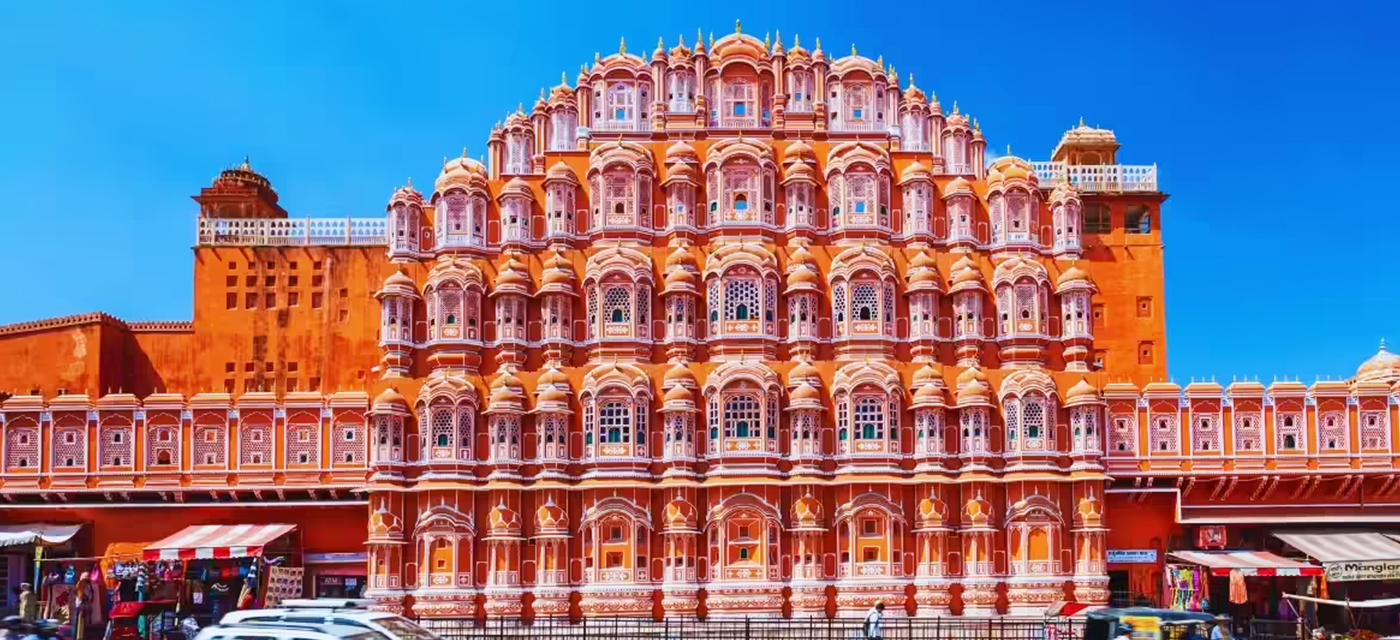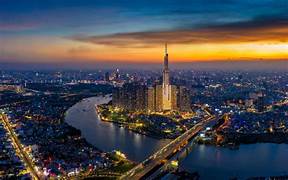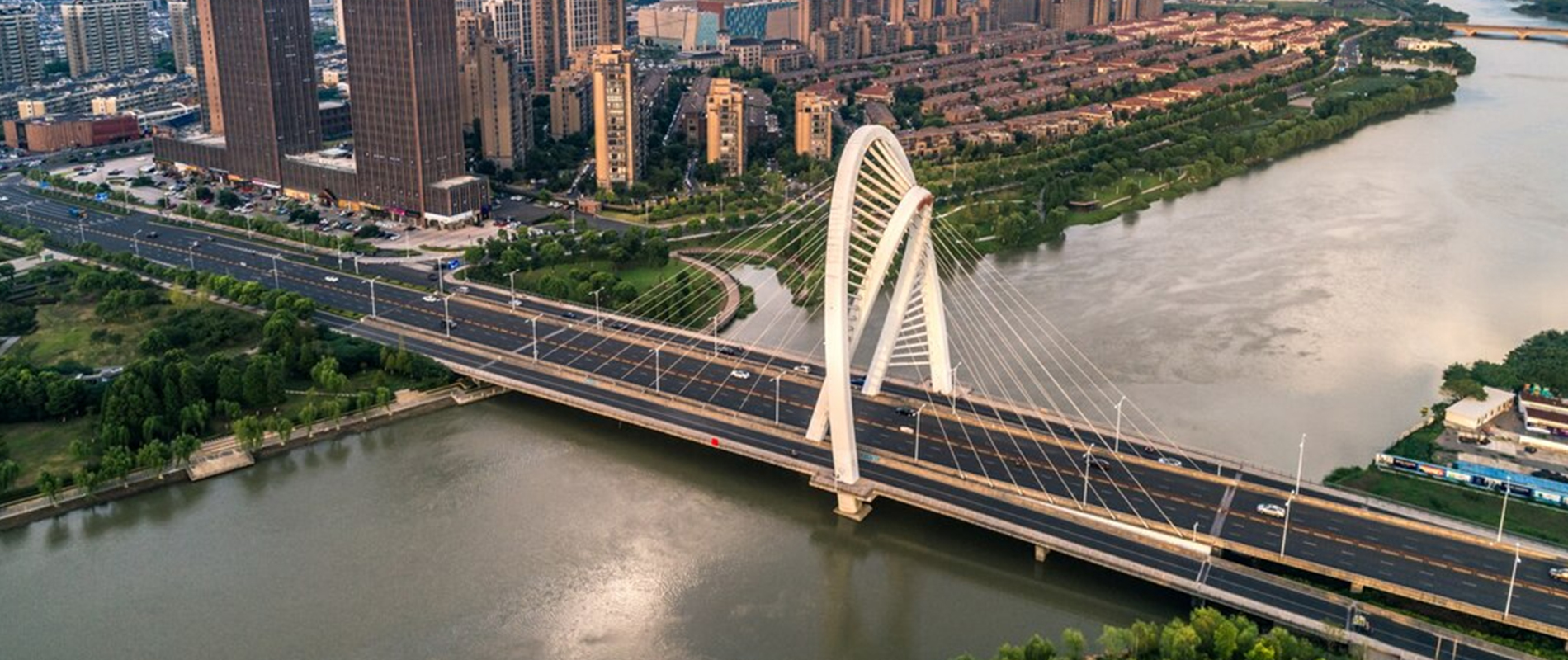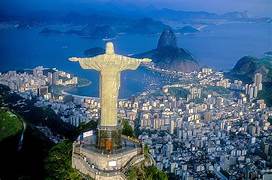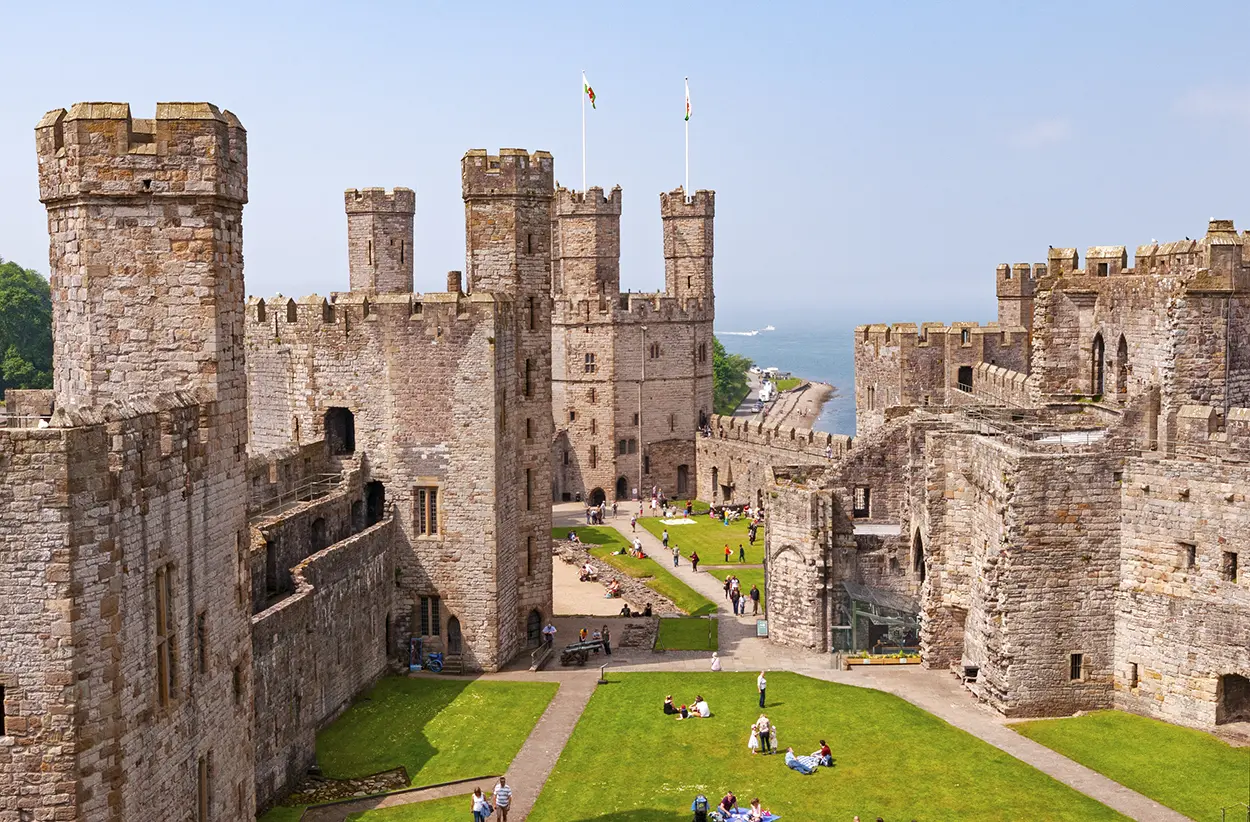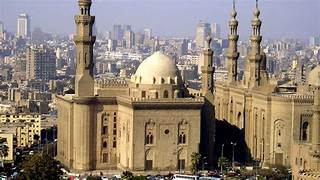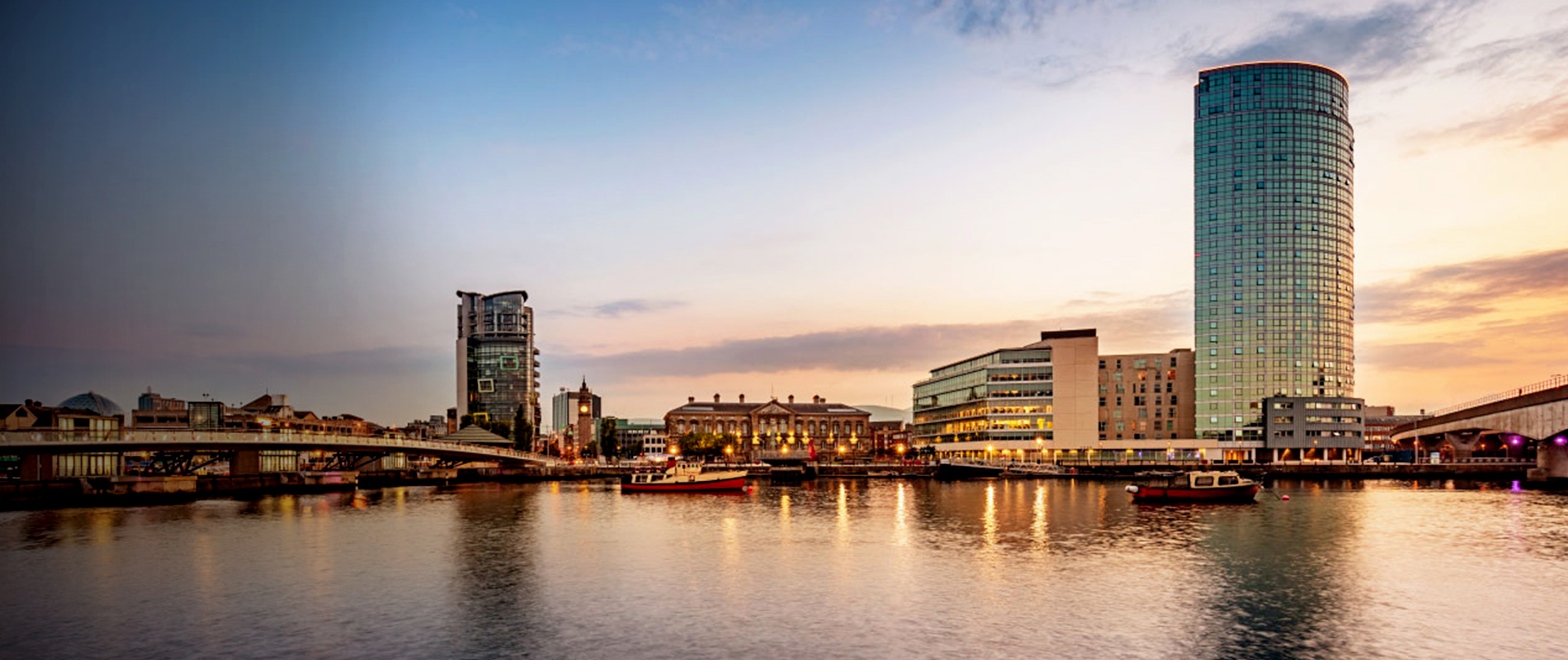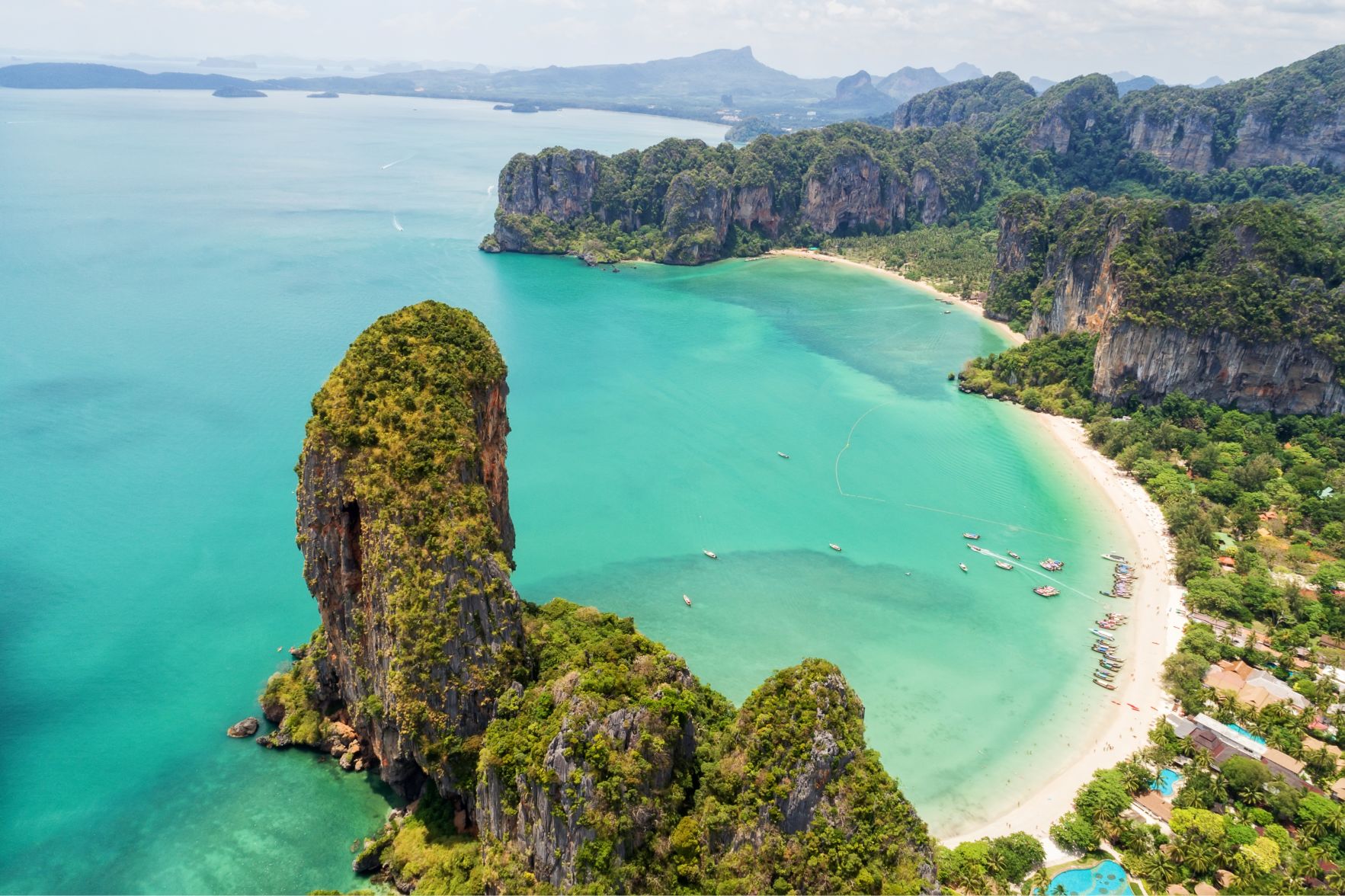Known as the Pink City, Jaipur is well-known for its unique fairs and festivals that honor its rich heritage, history, and appreciation of art. In Jaipur, festivals foster relationships between individuals from diverse castes, creeds, faiths, and backgrounds. The idea of keeping traditional customs alive makes people happy.
Jaipur's festival celebrations have boosted tourism in the state because Rajasthan's traditions and customs are now well-known throughout the world. In recent years, these festivals have developed into breathtaking events that are now the top tourist destination.
At Jaipur's winter festivals, individuals from all over the world come together to exchange, display, and talk about fresh concepts, artwork, and experiences.
Jaipur's rich history dates back to the heyday, when the Prince of Wales paid a visit to India. Due to the gracious reception the Prince received from the magnificent Maharaja Sawai Ram Singh of Jaipur, the entire city was bathed in the beautiful shade of pink, which is thought to signify hospitality. Jaipur, then, is a city with a lot to offer. Anyone with an adventurous spirit could be tempted by Jaipur's abundance of historical values, stunning landmarks, contemporary art, jewels, Rajasthani cuisine, and much more. The historical sites and parks, museums, and forts Among Jaipur's primary landmarks are temples, marketplaces, and numerous others. Jaipur. Its architecture, the ancient stories of the Maharajas, and the antiques that have been so deeply ingrained in the city's current culture are all breathtaking.
Jaipur is renowned for its many magnificent palaces and forts that provide insight into the various kingdoms that have ruled the city throughout the years. The Wind Palace, also known as the
Hawa Mahal, is one of these palaces. The Rajput kings constructed it. The rich historical and cultural legacy of Jaipur is depicted in this monument. Despite its age, this monument is nevertheless regarded as a significant work of design and history.Another well-liked destination in Jaipur is Jantar Mantar. It is considered the world's largest stone observatory. This monument displays extraordinary astronomical and cosmological knowledge. It was built during the time of the Mughals. Additionally, this well-known landmark is listed on the "World Heritage List." As captivating as their colorful customs and culture are the Rajasthani foods. One of the traditional Rajasthani dishes, lal maas, is made with abundant amounts of yogurt, garlic, and spices. It's the ideal dish to revive your spirit and heart.
Seasons offer a variety of benefits, such as ideal weather, reduced costs, and exclusive celebrations.Jaipur experiences extreme heat during the summer, with noon highs frequently above 40°C. Although it might not seem like the ideal time of year to visit Jaipur, there are certain benefits to traveling in the summer for those who can tolerate the heat. Significantly fewer visitors translate into better photographic possibilities, less crowded sights, and steep savings on lodging and activities. In the winter, Jaipur, a city renowned for its magnificent architecture, lively culture, and extensive history, becomes a mystical place to visit. Jaipur is a great place to go in the winter because of its mild, pleasant weather and many colorful festivals and events. The ideal time of year to visit Jaipur is typically thought to be in the winter. With temperatures ranging from 8°C to 25°C, the weather is still nice and temperate, making it perfect for outdoor activities and tourism. The brilliant blue skies make the ideal backdrop for photographs, and the pleasant temperatures let you explore Jaipur's top attractions without having to brave Rajasthan's notoriously scorching weather.
Generally speaking, October through March are the ideal months to visit Jaipur. The specifics are as follows: Peak Season: November through March is the best time to go sightseeing because of the nice weather. Shoulder Season: March and October offer milder temperatures and less tourists. Weather: The temperature ranges from a cold 8°C at night to a comfortable 32°C during the day at this time. Visitors can pleasantly enjoy Jaipur's sights during this time range without having to deal with the discomfort of intense heat or humidity. When visiting Jaipur, the average tourist spends $22 (₨1,862) each day. Based on other travelers' costs, this represents the typical daily cost of a Jaipur holiday. On average, previous visitors have spent one day: For two persons, the average cost of a week-long trip to Jaipur is $303(₯26,068).
In order to enter India, the majority of visitors to Jaipur will need a valid visa. You must give the immigration officials the following paperwork in order to enter India through Jaipur Airport:A passport that is valid for a minimum of six months after the date of arrivalPrinted electronic visa (for foreign nationals who need one)Ticket for return or further travel (documentation of departure from Indian territory)Evidence of having enough money to cover your stay, such as bank statements or traveler's checks.The cost is determined on the kind and period of the applied visa as well as the passport holder's nationality.
Jaipur is well known for its diverse culinary traditions, which include delectable dishes like Ghewar, Pyaaz Kachori, and Dal Baati Churma.Must-Try Jaipur Dishes: Dal Baati ChurmaGhewar: Laal Maas: Golgappa (Pani Puri): Mawa Kachori: Pyaaz Kachori .
By Air: IndiGo, GoAir, Air India, and SpiceJet are just a few of the airlines that frequently travel to Jaipur Airport, which is conveniently connected to India's major cities as well as the rest of the world. Once in the city, travelers can travel by bus, taxi, or private cab from outside the airport.
By Rail: Jaipur is connected to numerous neighboring states with an integrated rail network. The main entry to the city is the Jaipur Junction Railway Station. Major cities in the nation, including Delhi, Mumbai, Udaipur, and Jodhpur, are all directly connected to Jaipur by train.
By Road: Well-built motorways connect Jaipur to all of India's major cities. Some of the city's most well-known motorways are NH 48, NH 52, NH 21, and NH 248. Premium and deluxe buses are run by the Rajasthan State Road Transport Corporation (RSRTC) between Jaipur and other Rajasthani cities. For those who choose to take a bus tour of the city, the Jaipur Bus Stand is the starting point.
